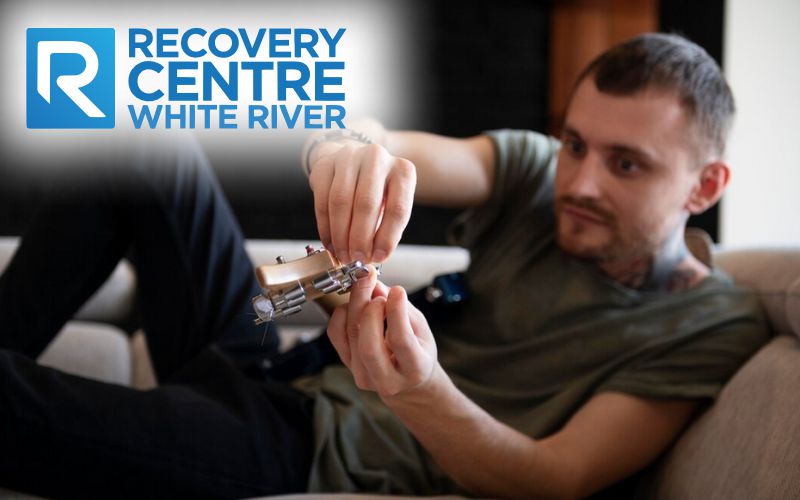
Drug abuse remains a significant challenge in South Africa, affecting individuals, families, and communities. The country’s struggle with substances such as alcohol, heroin, methamphetamine, and prescription medications has led to severe social, economic, and health consequences.
Amid this crisis, effective drug rehabilitation centres play a crucial role in addressing the epidemic and fostering recovery and stability within society.
Promoting Health and Recovery
Effective drug rehabilitation centres provide comprehensive treatment programs that promote physical and mental health recovery. These centres offer detoxification services, medical care, and psychological support, helping individuals overcome addiction’s physical and emotional grips.
By addressing the root causes of addiction and providing holistic care, rehabilitation centres significantly improve the chances of long-term recovery. This leads to healthier individuals who can reintegrate into society and contribute positively.
Reducing Crime and Enhancing Public Safety
Substance abuse is closely linked to criminal activities, including theft, assault, and drug trafficking. Effective drug rehabilitation centres can reduce crime rates by helping individuals overcome their addictions and reintegrate into society as productive members.
When addicts receive proper treatment, the likelihood of relapse and subsequent criminal behaviour decreases. This not only improves public safety but also reduces the burden on the criminal justice system and law enforcement agencies.
Strengthening Families and Communities
Addiction often strains family relationships and disrupts community cohesion. Effective rehabilitation centres offer family therapy and support programs that help rebuild trust and communication within families.
These programs teach families how to support their loved ones in recovery and create a stable home environment. Communities also benefit when rehabilitated individuals return as contributing members, reducing the social stigma associated with addiction and fostering a more inclusive society.
Economic Benefits and Workforce Re-entry
The economic impact of substance abuse is substantial, including healthcare costs, lost productivity, and social welfare expenditures. Effective rehabilitation centres help reduce these economic burdens by enabling individuals to recover and re-enter the workforce.
Rehabilitated individuals can regain employment, contribute to the economy, and reduce their reliance on social services. This transition from dependency to productivity not only benefits the individuals but also strengthens the overall economy.
Prevention and Education
Many effective rehabilitation centres engage in community outreach and education programs to prevent substance abuse and promote healthy lifestyles. These programs target at-risk populations, including youths, and provide valuable information on the dangers of drug abuse and the benefits of staying substance-free.
By raising awareness and promoting prevention, these centres play a vital role in reducing the incidence of addiction in the first place.
Improving Mental Health Outcomes
Substance abuse often coexists with mental health disorders, creating a dual challenge for individuals and healthcare providers. Effective rehabilitation centres address this by providing integrated treatment for both addiction and mental health issues.
Through counselling, therapy, and medication management, these centres help individuals achieve better mental health outcomes, which are crucial for sustained recovery and overall well-being.
Final Thoughts
Effective drug rehabilitation centres have a profound impact on South African society by promoting health and recovery, reducing crime, strengthening families and communities, and providing economic benefits.
As South Africa continues to combat the challenges of substance abuse, the importance of accessible and effective rehabilitation services cannot be overstated.




